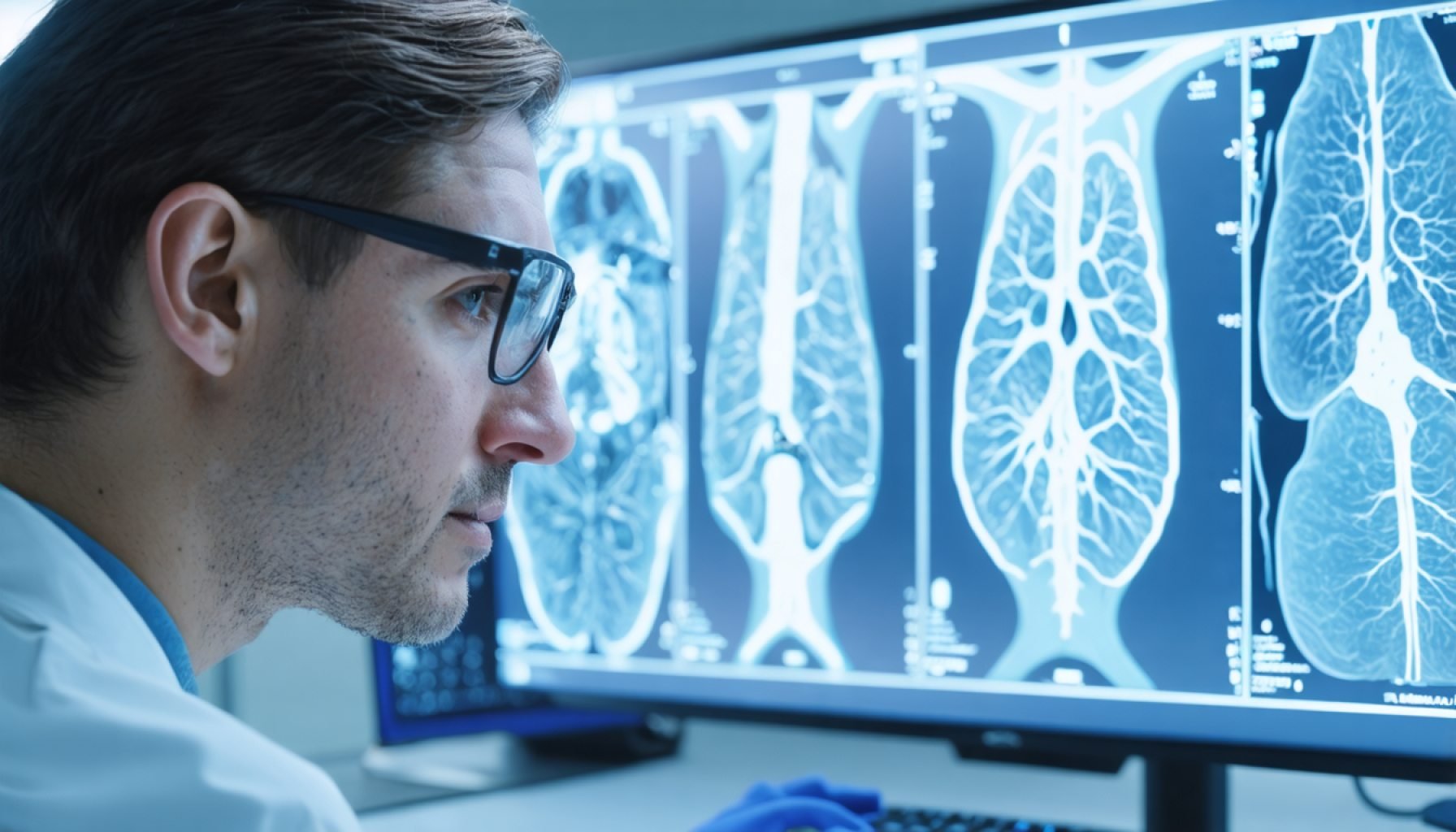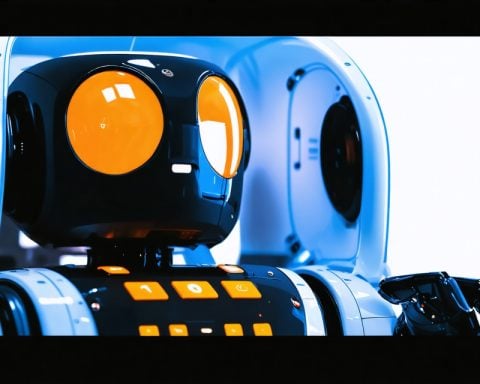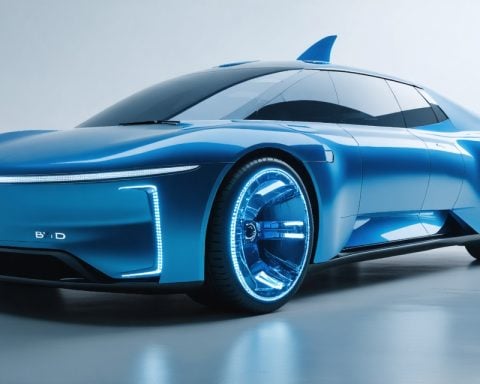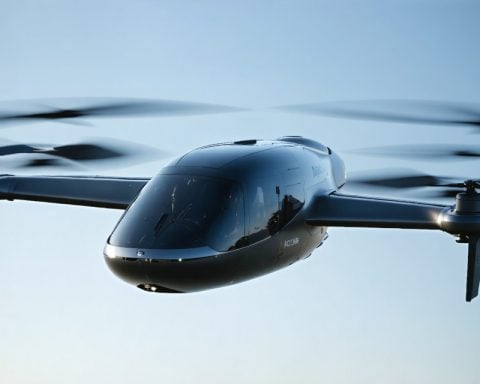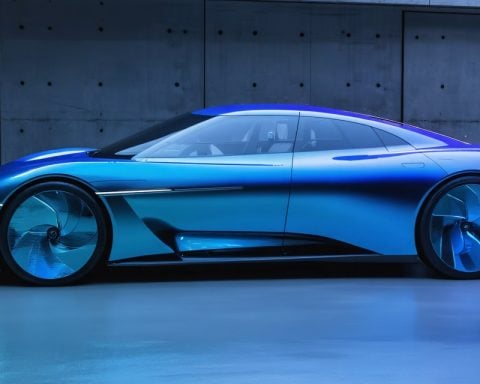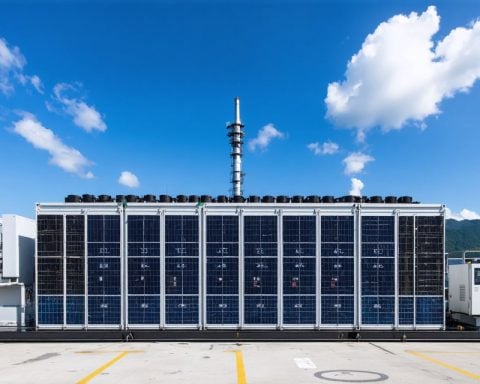- Nvidia unveils Evo 2, the largest AI system dedicated to biological research, aimed at decoding vast amounts of genetic information.
- Evo 2 analyzes data from diverse life forms, identifying patterns that may lead to significant medical breakthroughs.
- The AI can predict harmful genetic mutations with 90 percent accuracy, notably in genes like BRCA1 linked to breast cancer.
- Collaborating with the Arc Institute and Stanford University, Evo 2 is powered by 2,000 Nvidia H100 processors via Amazon’s cloud services.
- Nvidia’s BioNeMo platform makes Evo 2 accessible to researchers globally, promising advancements in precision medicine.
In the heart of Silicon Valley, innovation pulses through the silent hum of supercomputers as Nvidia unveils a technological marvel that could revolutionize the world of biological research. Enter Evo 2, the world’s largest AI system dedicated to decoding the intricate tapestries of life itself.
Glimmering under fluorescent lab lights, Evo 2 embarks on a journey through terabytes of genetic data, its digital mind navigating the complex waters of 9 trillion pieces of genetic information. These sequences span a vast tapestry of life, encompassing bacteria, plants, and humans. The goal? To sift through the mountains of data and spotlight hidden patterns invisible to the human eye—patterns that could hold the key to medical breakthroughs.
Central to its mission is the capacity to potentially predict harmful mutations with precision, as demonstrated with its 90 percent accuracy in identifying dangerous mutations within BRCA1, the gene infamous for its link to breast cancer. With this ability, hope arises for precision medicine, where treatments can be crafted to target the enemy directly, leaving healthy cells untouched.
Housed among Amazon’s endless cloud servers, powered by a battalion of 2,000 Nvidia H100 processors, Evo 2 was born from a significant partnership with the Arc Institute and Stanford University. And now, this tech marvel stands at the threshold of global scientific exploration, accessible to researchers worldwide through Nvidia’s BioNeMo platform.
In this incredible fusion of biology and artificial intelligence, science steps into a new realm where creating life’s blueprint may soon become an art of precision rather than chance. Evo 2 doesn’t just promise advancement; it heralds a new era in the quest to unravel life’s deepest secrets. As researchers everywhere tap into its prowess, medical and genetic breakthroughs await discovery around every digital corner.
The Future of Genetic Research: How Nvidia’s Evo 2 is Changing the Game
How Evo 2 Transforms Genetic Research
Nvidia’s Evo 2 represents a significant leap in the field of genetic research. As the world’s largest AI system designed for this purpose, it analyzes vast datasets to uncover genetic patterns that can lead to medical breakthroughs. This unlocks new potential in precision medicine, where treatments are customized to target mutations without harming healthy cells.
Real-World Use Cases
1. Precision Medicine:
– Evo 2 enhances the ability to identify harmful genetic mutations with high accuracy, thus paving the way for treatments tailored to individual genetic profiles.
– Example: Using Evo 2, researchers can focus on BRCA1 mutations, developing targeted therapies that drastically reduce the risk of cancers associated with this gene.
2. Drug Development:
– The AI’s capability to predict how genetic sequences influence cell behavior aids in creating drugs targeting specific mutations, thereby speeding up the drug discovery process.
3. Agricultural Innovations:
– Genetic insights from plants can lead to crops that are more resilient to diseases and changing climate conditions, improving food security.
Market Forecasts & Industry Trends
AI in biotechnology is a rapidly growing field. According to Grand View Research, the global AI in genomics market is expected to grow, driven by advancements in AI technologies like Evo 2 and the increasing focus on personalized medicine.
Controversies & Limitations
Ethical Concerns:
– The use of AI in genetic modification raises ethical questions about data privacy and the potential for misuse in genetic editing.
Technical Challenges:
– High computational resources required for Evo 2 limit accessibility to organizations with significant funding or cloud computing capacity.
Features, Specs & Pricing
Evo 2’s backbone is the Nvidia H100 processors, with 2,000 units powering its operations. This massive computing structure is housed in Amazon’s cloud, allowing broad accessibility through Nvidia’s BioNeMo platform.
Security & Sustainability
Security:
– Data privacy is paramount, with robust encryption and security measures in place to protect sensitive genetic information.
Sustainability:
– The energy demands of such a vast AI system necessitate sustainable cloud solutions, something Nvidia and its partners strive for in day-to-day operations.
Insights & Predictions
Evo 2 is positioned to significantly influence the future of biogenetic research. As AI continues to integrate with science, expect rapid transitions in how medical conditions are predicted and treated. evo 2
Tutorials & Compatibility
Accessible via the BioNeMo platform, Evo 2 allows researchers worldwide to input data and receive insights with user-friendly interfaces and comprehensive support.
Pros & Cons Overview
Pros:
– High accuracy in mutation prediction.
– Facilitates breakthroughs in precision medicine.
– Wide accessibility through cloud-based infrastructure.
Cons:
– High computational costs.
– Ethical and privacy issues.
Actionable Recommendations
– For Researchers:
– Utilize Evo 2 for developing precision drugs by collaborating across disciplines.
– For Policy Makers:
– Address ethical frameworks for AI in genetic research to safeguard against misuse.
– For the Public:
– Stay informed about advancements to advocate for ethical applications of genetic technologies.
Explore more about Nvidia’s groundbreaking innovations at the link name.
Nvidia’s Evo 2 heralds a new era where the synergy of AI and genetics holds the promise of revolutionizing medicine, agriculture, and beyond, if handled responsibly.
